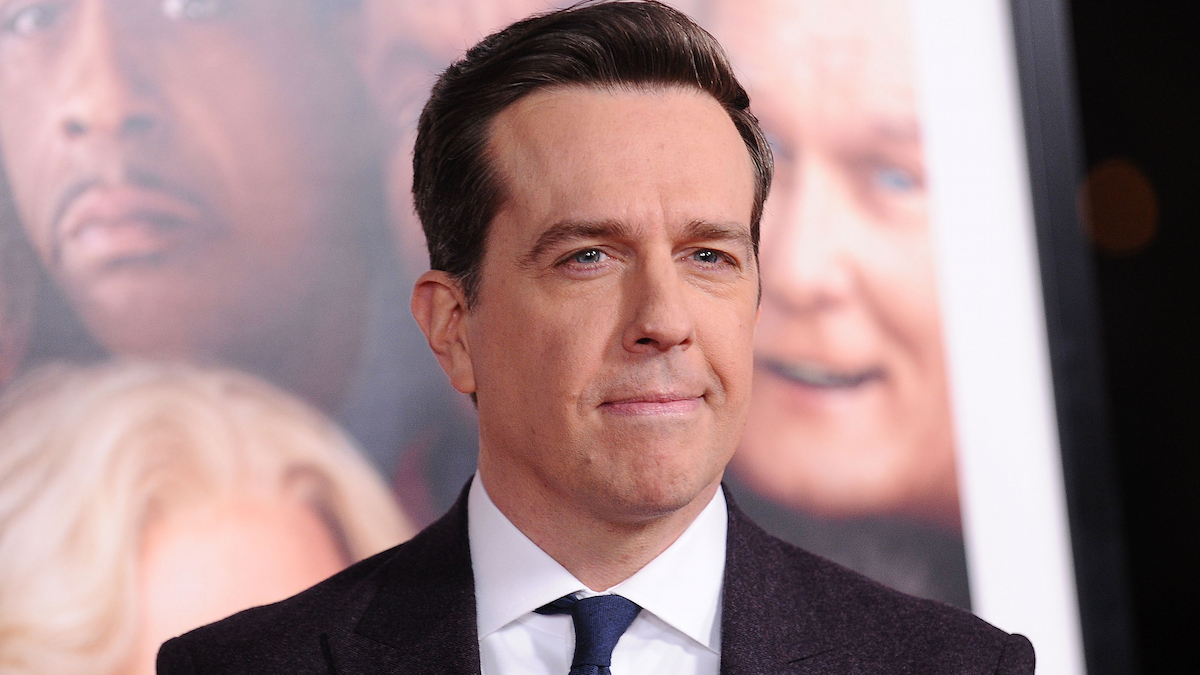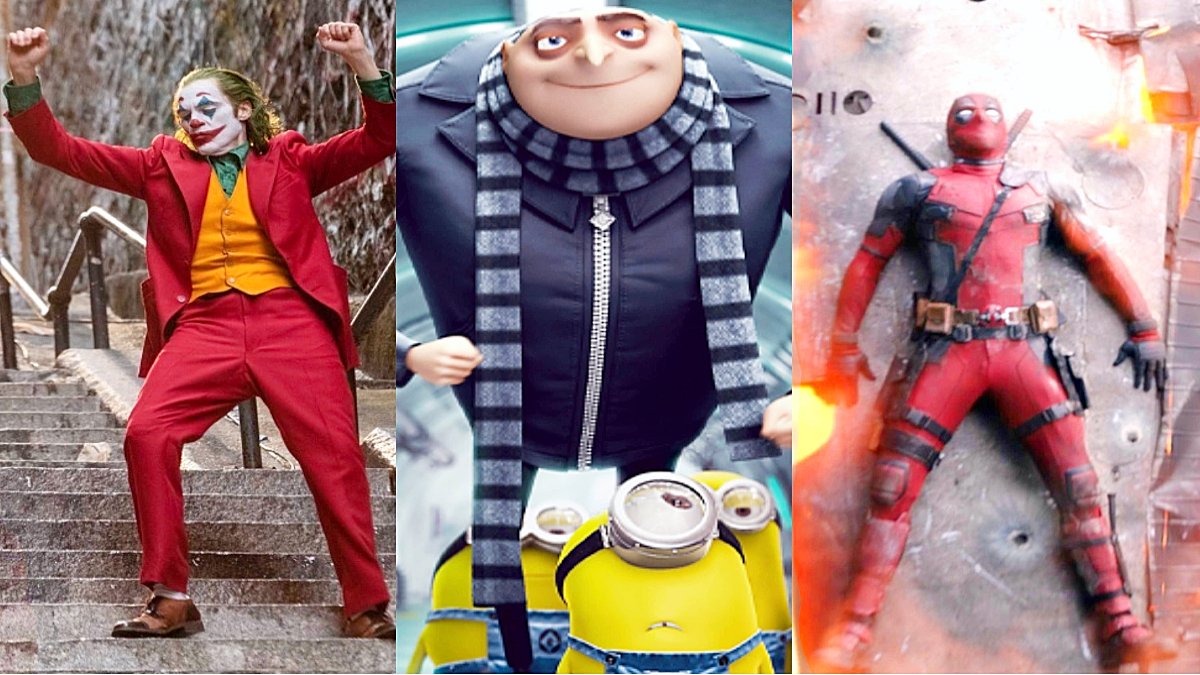It deals with issues surrounding violence and masculinity in a daring way rarely shown onscreen

Movies about violence are often misinterpreted as glorifying the same brutality they mean to criticize. That is probably because stories that try to make a point about violence in society, whether it’s A Clockwork Orange or Natural Born Killers, have to portray that misery and mayhem in a graphic way to elicit a response. Fight Club deals with violence as a projection of youth anger and rebellion against a socially defined system. The film explores an approach to nihilism and self-rule that echoes Nietzschean philosophy. It also deals with the consequences and circumstances of one’s actions when they create a system that promotes inhumanity and devastation. It takes violence seriously, not just as entertainment.
However, the dividing factor among those who loved and those who loathed Fight Club is that the former understood that the film’s exploration of anger and violence was satirical. Those who thought the main characters were being dead serious about the positive benefits of violence labeled Fight Club as dangerous, irresponsible and fascist.
The film was a response to the frustrations and anxieties of a generation of men that felt emasculated by an attachment to consumerism and corporate direction. The fight clubs in the film are an extension of feeling, the natural and powerful instincts of being a man since thousands of years before. Fincher’s film (as well as Palahniuk’s novel) explores how men relate to each other. Of course, in attempting to feed this primal id of man, the unnamed protagonist creates an impulse of his own that he doesn’t realize it an extension of his self. As a result, Fight Club is a very deep look at the dual nature of being a man, in all of its glory and its fallacy. Few major films would explore gender in such an inventive and provocative way ever since.
Unsurprisingly, the film spawned some imitative, infantile behavior, as kids all over the world began “fight clubs” of their own, inspired by the machismo beat-downs. These younger crowds clearly missed the social commentary and the symbolism. However, in a time when Columbine was still a fresh wound, Fincher’s film was blamed for being too violent. In the director’s words, though, the film wasn’t quite dark enough. One could interpret this as explaining that the uncompromising level of brutality was mandatory to explore the themes he wanted to look at.






